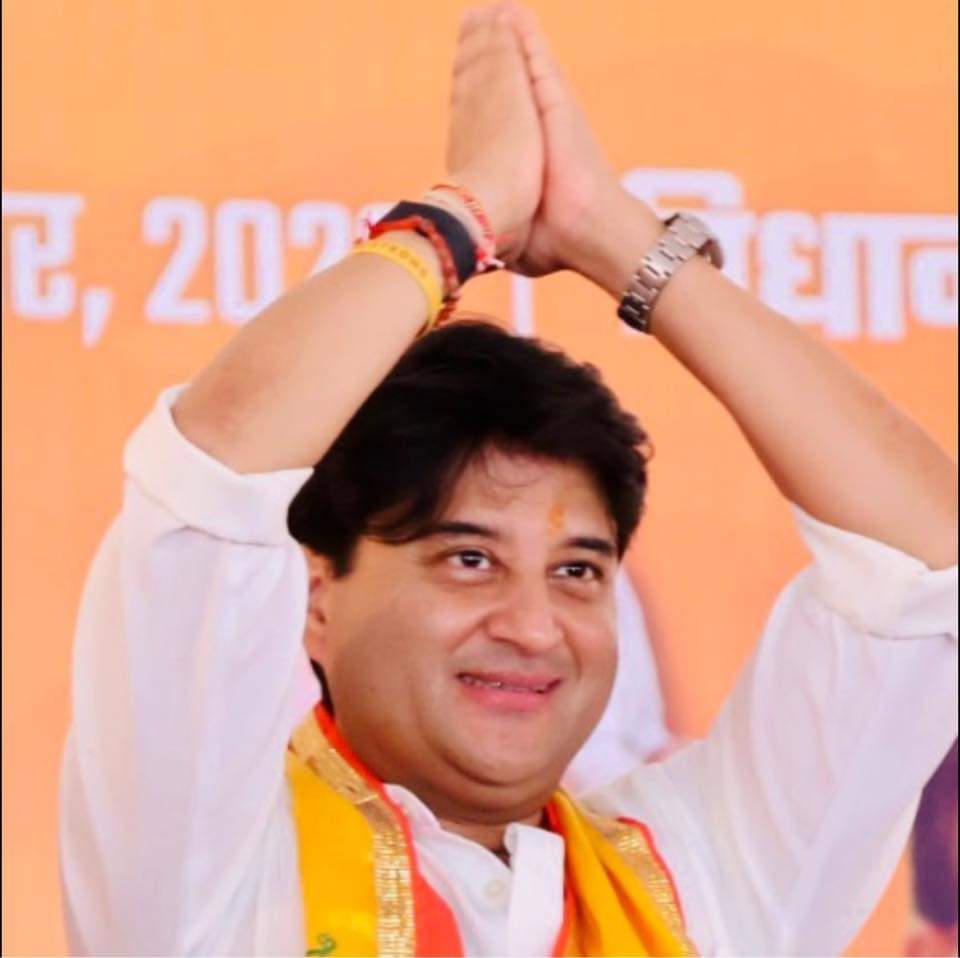The law, enshrined in the Tenth Schedule of the Constitution, was introduced to deter elected representatives from switching allegiance to other political parties after being elected
 KRC TIMES Desk
KRC TIMES Desk

The pervasive trend of politicians of all hues switching parties, for better career prospects or in pursuit of election tickets especially ahead of Assembly or Lok Sabha polls, is nothing new. This phenomenon, commonly known as party-hopping, has now been flagged by former Vice-President Venkaiah Naidu as particularly damaging to our democracy. It also raises questions about the efficiency of the anti-defection law in curbing such practices.
The law, enshrined in the Tenth Schedule of the Constitution, was introduced to deter elected representatives from switching allegiance to other political parties after being elected. The law aims to maintain stability and integrity within the political system by penalising defections and preserving the sanctity of electoral mandates. However, despite its existence, party-hopping remains a disturbing trend in Indian politics. Politicians often defect from their original party to join another for a ticket, ministerial position or personal ambitions.
Additionally, the anti-defection law is limited in its scope and does not address the broader issues of political morality and ethics. Politicians often exploit legal loopholes and engage in prolonged legal battles to circumvent disqualification, thereby escaping accountability for their actions. This not only undermines the democratic process but also erodes public trust in the political system. However, the toothlessness of the anti-defection law and the failure to effectively address this issue reflect deeper systemic challenges within the political system.
So, why is the anti-defection law still toothless in addressing this issue? One of the primary reasons is the loophole in the law that allows for defection without disqualification under certain circumstances. The law permits defection if one-third or more of the members of a legislative party together decide to join another party, effectively legitimising mass defections. This provision has been exploited by political parties to engineer defections and destabilise rival Governments.
Moreover, the anti-defection law lacks stringent enforcement mechanisms and timely interventions. While the law penalises individual defections, it does little to address the systemic factors that incentivise party-hopping, such as the allure of power, patronage politics and lack of internal democracy within parties. Furthermore, the anti-defection law is subject to political manipulation and selective application by ruling parties.
To strengthen the anti-defection law and address the scourge of party-hopping, comprehensive reforms are necessary. This includes closing loopholes, imposing stricter penalties for defections, enhancing oversight mechanisms and promoting internal democracy within parties. There needs to be a concerted effort to foster a political culture based on principles of integrity, accountability and ethical conduct. Urgent reforms are needed to strengthen the law, uphold democratic principles and restore public trust in the integrity of the political process.






